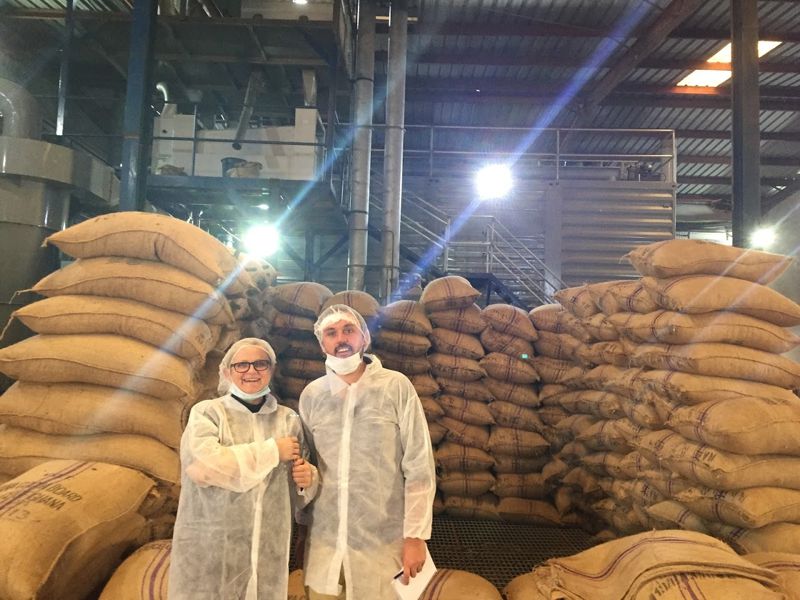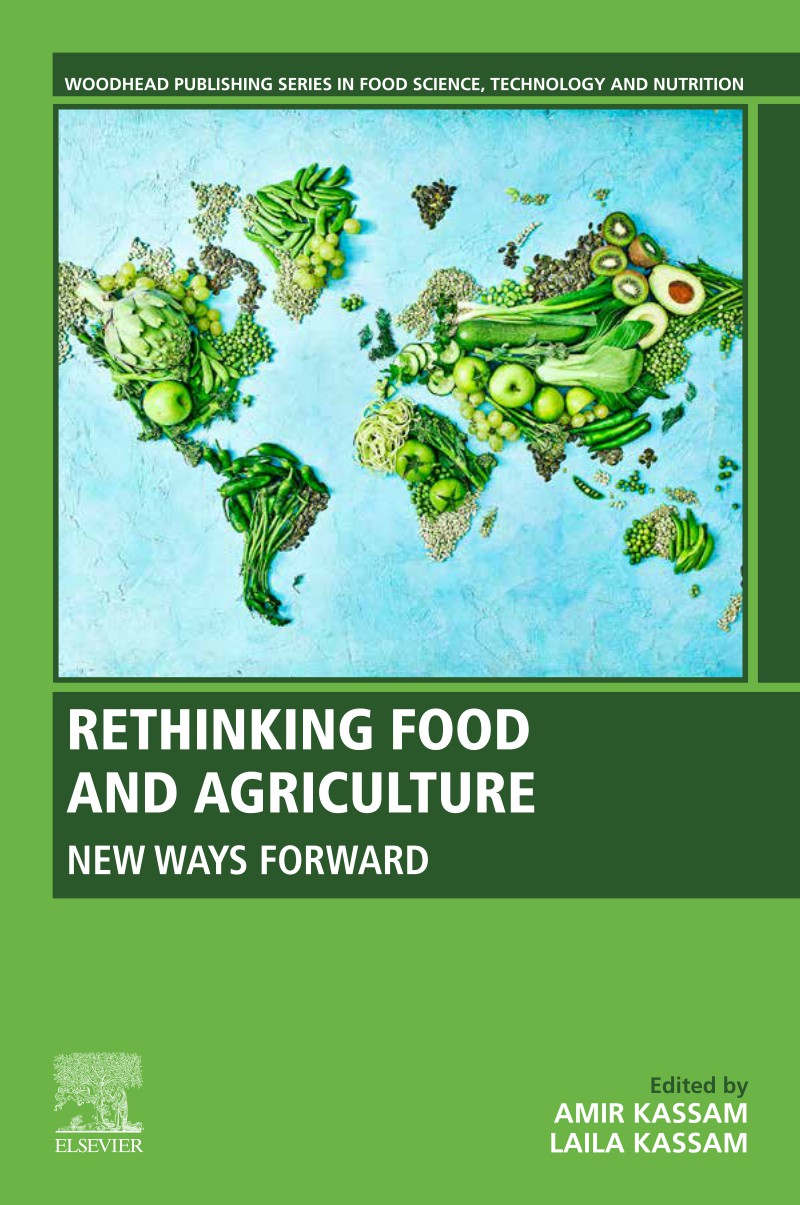Chapter 4
Neo-Colonialism and the New Alliance for Food Security and Nutrition: A Gendered Analysis of the Development Consequences for Africa
By Mark Langan and Sophia Price
Abstract
National governments and the international community have highlighted their responsibility to support responsible food and agriculture systems within the framework of the UN Sustainable Development Goals (SDGs). One key endeavour as part of the push for the attainment of the SDGs is the New Alliance for Food Security and Nutrition (NAFSN). The initiative involves the establishment of land corridors in sub-Saharan African nations as part of corporate-led attempts to ameliorate food insecurity in wake of the World Food Crisis of 2007-08. Overseen by nominated donor states in each African country context, the NAFSN ostensibly contributes to food security and sustainable development by offering African nations the opportunity for foreign investment, leading to modernisation and agricultural transformation. This is seen to be conducive for job creation, ecological integrity and economic prosperity in African developing countries. This chapter, however, queries this pro-poor discourse at the heart of the SDGs and NAFSN strategies. Considering allegations of ‘land-grabbing’ the chapter contexualises donor and corporate interventions in terms of Nkrumah’s warnings concerning neo-colonialism and aid-giving. Moreover, it takes a gendered perspective to address the particular impact experienced by women in rural communities of such neo-colonial relations. In so doing, the chapter brings the SDGs and the NAFSN and into critical perspective.
Extract
Importantly, however, the NAFSN as an initiative articulates a legitimising discourse surrounding its activities which seeks to immunise it from criticisms of undue influence or neo-colonialism in African polities. In particular, the NAFSN emphasises that it seeks to modernise African agricultural systems, to make them more robust and efficient, and to thereby establish jobs as well as securing food supplies for vulnerable populations. This is justified also in terms of the language of public private partnerships (PPPs) and the ability of donor aid monies to blend with private sector capital for positive poverty reduction results in developing economies. Co-operation between corporate partners and G8 donor nations (as well as donor institutions including the World Bank) is hailed as an innovative form of aid-giving, in keeping with Goal 8 of the SDGs to realise the role of the private sector in development, and of the primacy of economic growth strategies for poverty alleviation. Interesting in the context of the post-2015 agenda and the emergence of the SDGs themselves, the NAFSN also articulates a prominent discourse of ‘sustainable development’ and of the importance (and possibility) within its schemes to balance social outcomes, ecological security and economic prosperity in sub-Saharan Africa. Moreover, NAFSN activities now specifically align to Goal 2 of the SDGs with regards to the Zero Hunger pledge, thereby again presenting a legitimising discourse of humanitarian wellbeing in relation to vulnerable communities and citizens in African countries. In one example of its pro-poor development narratives, the NAFSN insists that its interventions are necessary since governments cannot achieve food security objectives in isolation (and hence PPP initiatives under NAFSN auspices are deemed as legitimate endeavours):
The New Alliance for Food Security and Nutrition is a shared commitment to achieve sustained inclusive, agriculture-led growth in Africa. Given the overwhelming importance of African agriculture in rural livelihoods and its enormous potential to bring people out of poverty, public investment in food security and agriculture has significantly increased over the last decade. While this investment is having an impact, the path to sustainable food security cannot be forged by governments alone. Agricultural transformation in Africa is a shared interest of the public and private sectors and presents a unique opportunity for a new model of partnership (NAFSN 2019).
In a benevolent discourse of partnership and agricultural transformation leading to better livelihoods and conditions for poorer communities in Africa, therefore, the NAFSN effectively distances itself away from concerns regarding the potential neo-colonial implication of the marriage of donor aid monies to corporate land-grabs in the continent. In keeping with PWC norms of equitable free markets leading to social prosperity and fairer North-South relations, moreover, the NAFSN fits itself within wider donor understandings of the need for PPPs to enable developing countries to better realise the ‘fruits of growth’ within global markets.
However, when the specific allegations of land-grabbing are considered in terms of the NAFSN’s emphasis on the creation of ‘agricultural corridors’ in which corporate partners can invest and establish plantations, it does become apparent that there are highly questionable outcomes of this initiative for poorer African citizenries. This is especially so in terms of subsistence farmers who otherwise have been dependent upon access to land tracts to feed their families (albeit in terms of the NAFSN’s modernisation discourse, such smallholders are often dismissed as being inefficient and unable to invest sufficient resources – fertilisers and so forth – necessary for agricultural transformation). The ActionAid report (2015: 13) on NAFSN activities convincingly sets out many of these concerns. It explains that these agricultural corridors (also known as staple-crop processing zones) are defined by NAFSN partners as:
large areas of land that are earmarked for agribusiness. In these zones, companies are incentivised by host governments and supporting donors to establish their operations by a series of tax, regulatory and land incentives, as well as by new infrastructure (roads, railways, ports, irrigation, storage, processing facilities, etc). The projects focus mainly on agriculture, but also include forestry and mining. To ensure big business acquires these large tracts of land, governments are promoting reforms to change land tenure legislation.
About The Authors

Mark Langan, PhD
Mark Langan is a senior lecturer in international politics at Newcastle University. He is particularly interested in EU relations with the African, Caribbean and Pacific countries, with a focus on Economic Partnership Agreements and Aid for Trade. He is the author of the recently published Neo-Colonialism and the Poverty of ‘Development’ in Africa (with Palgrave).
Sophia Price, PhD
Sophia Price is a principal lecturer in politics at Leeds Beckett University. She is particularly interested in the political economy of development with regards to EU relations with developing countries in Africa, the Caribbean and Pacific. She is additionally interested in critical examination of the impact of disciplinary neoliberalism with particular consideration of gender inequalities.



